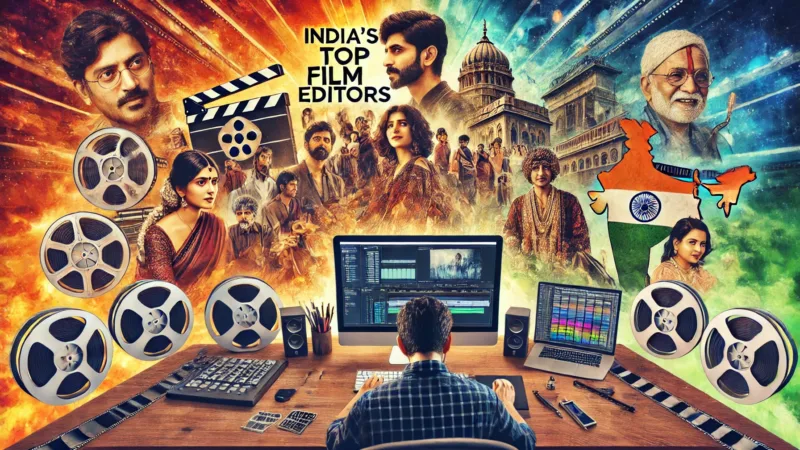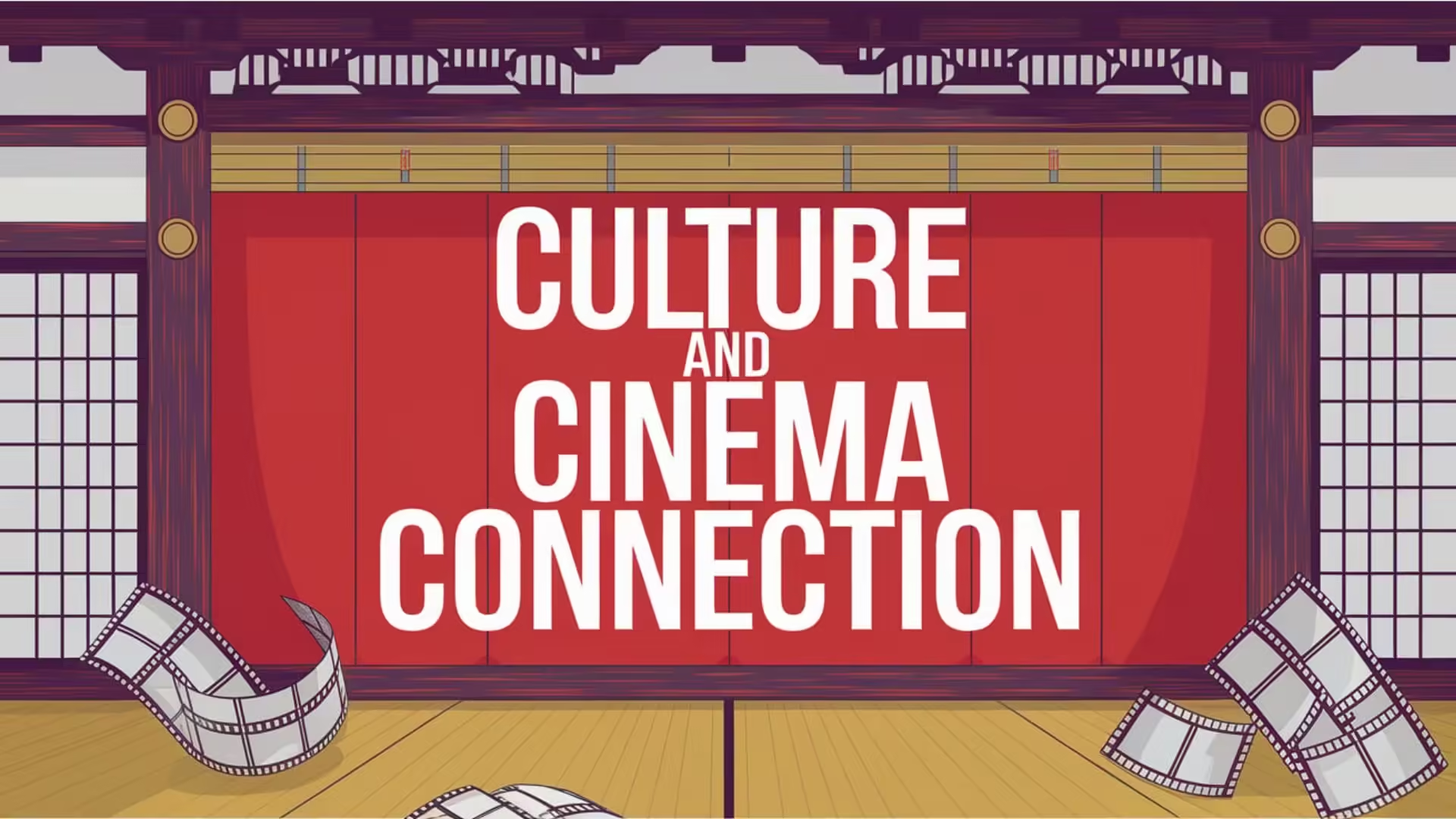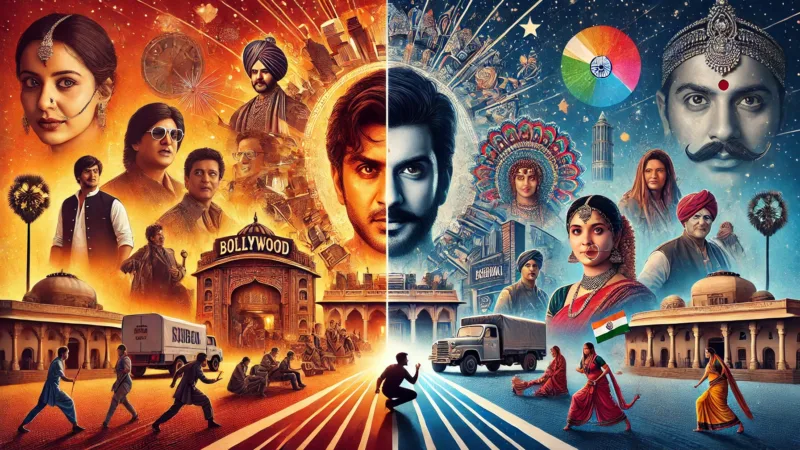The culture and cinema connection is profound and intricate. Each element influences the other, creating a rich tapestry of narratives and experiences. Films not only reflect the culture they originate from but also play a significant role in shaping societal values and public perceptions.
1. Cinema as a Reflection of Culture
Films act as mirrors to cultural norms and traditions. For example, Coco beautifully showcases Mexican customs, while Parasite delves into class struggles in South Korea. These narratives allow audiences to recognize their cultural identities and experiences.
2. Cultural Exchange through Film
Moreover, cinema facilitates cultural exchange. International films offer insights into diverse lifestyles, enhancing understanding among audiences. Bollywood films, for instance, introduce Indian culture through vibrant storytelling, while foreign films like Amélie provide a unique glimpse into French life. This cultural exchange fosters global empathy and appreciation.
3. Cinema’s Role in Shaping Culture
In addition to mirroring culture, cinema significantly shapes it. Films influence public opinion and challenge societal norms. Movies like Selma and 12 Years a Slave spotlight racial injustices and prompt essential conversations about civil rights and equality. Their impact is profound, as they encourage audiences to reflect on their values.
4. The Evolution of Cultural Narratives in Film
The culture and cinema connection evolves over time. As societies change, so do the stories told in films. The rise of LGBTQ+ representation illustrates shifting attitudes toward gender and sexuality. Films such as Moonlight highlight these experiences, fostering broader acceptance and understanding.
5. Cinema as a Tool for Cultural Preservation
Furthermore, cinema helps preserve culture and history. Documentaries and historical films educate future generations about their heritage. Movies like The Last Samurai and The Book Thief emphasize the importance of cultural identity. They ensure that stories from the past are remembered and celebrated.
6. The Impact of Globalization on Cinema
Globalization significantly impacts the culture and cinema connection. Streaming platforms like Netflix provide access to international films, enhancing the appreciation for diverse storytelling. This accessibility encourages filmmakers to blend cultural influences, resulting in innovative narratives that resonate with a wider audience.
7. Conclusion: The Future of Culture and Cinema
As we look ahead, the culture and cinema connection will continue to evolve. Filmmakers will draw inspiration from their surroundings, crafting stories that resonate with audiences across cultures. In turn, cinema will further shape cultural narratives, promoting understanding and empathy among diverse communities.
Exploring the culture and cinema connection reveals the power of storytelling in bridging gaps and fostering connections. For further insights into this dynamic relationship, visit Films N Minds for more articles and discussions on film and society.
Here are some external links related to the culture and cinema connection:
- Film and Culture: An article discussing how films reflect and shape cultural narratives. Read more here.
- Globalization and Film: Explore the effects of globalization on film and culture. Explore this topic.
- Cinematic Storytelling: A deep dive into how storytelling in cinema reflects cultural shifts. Learn more.
- Cultural Exchange through Film: An analysis of how films promote cultural understanding. Find out more.
- Cinema and Identity: An exploration of how cinema shapes identity and culture. Read the full article.









